Air travel has become so common that it would be hard to imagine life without it. The aviation industry has changed the way people conduct their business and live by altering the concept of distance and shortening the travel time. During its development the airline industry dealt with key technological innovations such as the introduction of jet airplanes that were used for commercial purposes.
Today Airplanes provide reliable, long and fast transportation while taking up a small amount of space. Compared to various forms of travel such as airships and balloons, aeroplanes are an effective and efficient means of transporting passengers and shipping cargo.
The industry exists in an extremely competitive market. In the past, the aviation industry was partly owned by the government, but currently, the airlines have become privately held. The U.S Department of Transportation has classified the sector into four categories:
- International
- National
- Regional
- Cargo
A private jet charter ensures that you rent an entire aircraft as opposed to paying for one seat. The plane charter provides that you enjoy ground services such as being transported to and from the meetings or vacations. Charter flights offer flexibility as compared to scheduled flights with a wide choice of tailor-made itineraries and destinations. While public charter provides only the very basics to the customers, a private charter has other corporate branding, business services, and video conferencing options.
The industry allows people to relax and adventure different countries in the world and build business relationships. The benefits of aviation industry go beyond exploring the contribution of the economy through job creation. Compared to other means of transportation, aeroplanes have a low accident rate.
While planning to enter the airline industry, the key factors to be considered include the route structure, airport capacity, the cost and the technology to lease or purchase the aircraft.
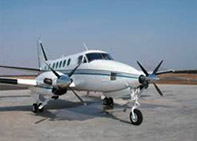
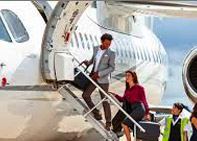
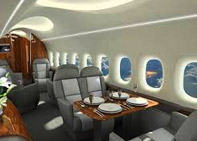
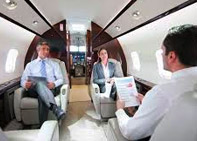



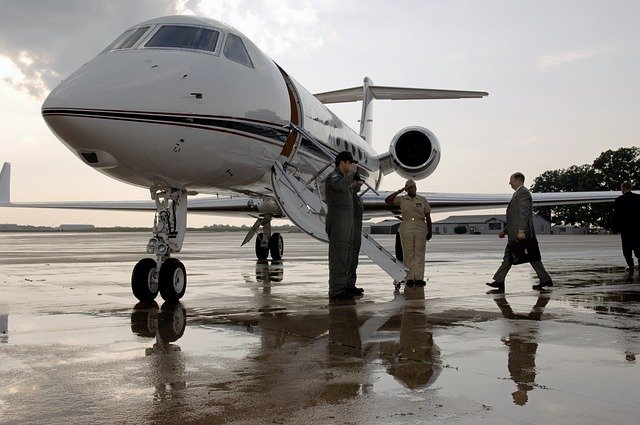
Leave a Reply
You must be logged in to post a comment.